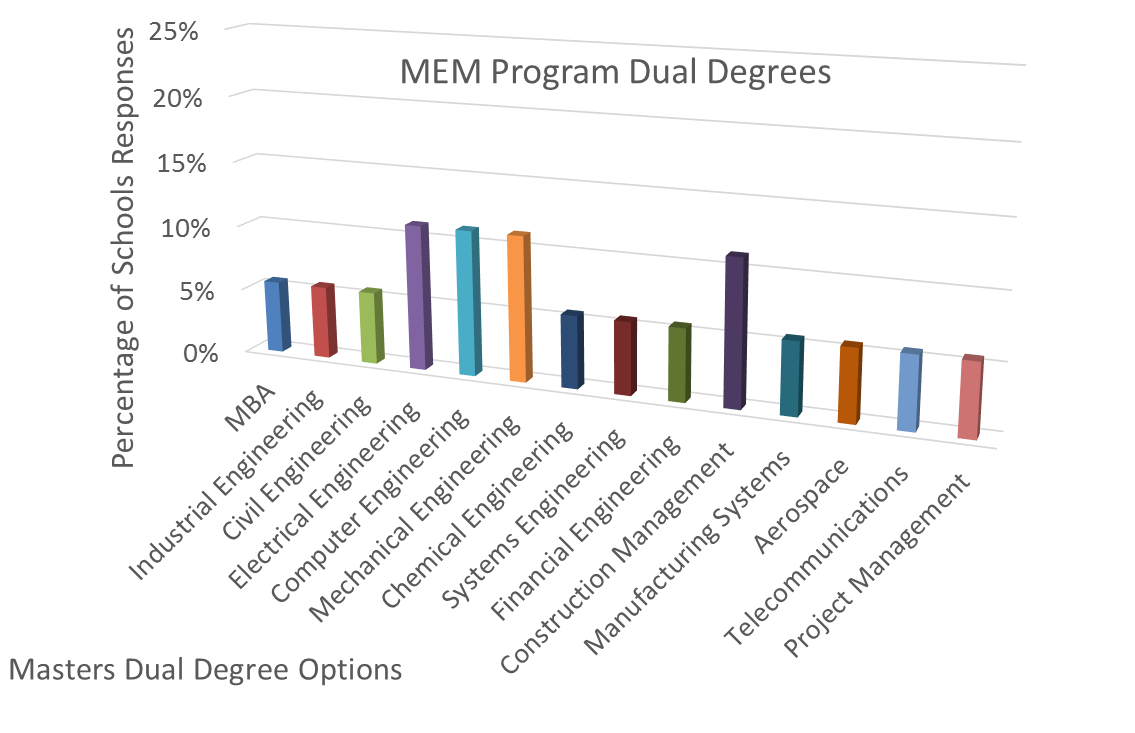
You've found the right place if you are interested in learning how you can become a nuclear engineer. We'll discuss the job requirements, education requirements, as well employers for this career. This will allow you to make an informed decision on whether this career is right. Learn more. This career requires a bachelor's degree, as well as several years of training. After you graduate, you will be able to take the FE test to become an engineer.
Nuclear engineer jobs
Nuclear engineers perform many tasks. They are responsible for the design, supervision and operation of nuclear power stations and fuel reprocessing plants. They plan, design and implement radiation shielding. They oversee the operation and maintenance of existing nuclear reactors, conduct research, and supervise their development. They are responsible for writing operating instructions for the use and maintenance of nuclear equipment.
The nuclear engineers are responsible for designing, developing, and supervising the loading of nuclear reactors and other devices. They also develop radioactive materials for medical imaging. They also develop cyclotrons that produce high-energy beams for the healthcare industry. The job description of a nuclear engineer is dependent on experience and whereabouts. An engineer in nuclear engineering may work independently or with a team.

Education Required
To become a professional engineer in nuclear engineering, you will need to have a bachelor's level degree in a relevant subject, four years of work experience, as well as a Professional Engineer (PE), licence. The first part of the exam can be taken as an engineering intern. Once you have enough experience, the second part can be taken. As you work alongside more experienced nuclear engineers, you'll also receive training on the job and seminars. As you advance in your career, you'll be rewarded with greater responsibility.
You may also choose to pursue graduate studies in a related field, such as mechanical, civil, electrical, or electronics engineering. These degrees can be applied to many positions in nuclear engineering and provide flexibility for your career. A bachelor's degree can be used to start a career as a nuclear engineer. Some positions in nuclear engineering require a master's. Once you've mastered the basics of nuclear engineering, you can take on more advanced degrees to become a nuclear engineer.
Chances for advancement
An engineer in nuclear power requires a broad range of skills. Some of the more common ones include logical thinking, time management and quality assessment. A nuclear engineer usually starts out in an entry-level role, with a progression track that tends to be slow and steady. However, there are many options for advancement in the field. One way to advance is to take a position in a higher ranking with a new employer. Another option is to shift careers to fields related to nuclear engineering, such as manufacturing and medicine. Furthermore, nuclear engineers may also be able to work in fields other than nuclear engineering and share their knowledge.
As nuclear engineering requires a highly technical skill set, it's important to have a strong mathematical background and strong analytical skills. Engineers are required to be calm under pressure, and have a keen eye to detail. You will be able to become a nuclear engineer if you are an expert in mathematics and have a great memory. The job also requires a high level of dedication and a strong work ethic. Although the career isn’t for everyone, it’s worth considering if you have the ability to do it.

Employers
The Federal Government is often considered the primary employer for nuclear engineers by many people. The federal government is actually responsible for 18% percent of all nuclear engineers. Utility companies, scientific researchers and development services, as well as engineering companies, are other major employers of nuclear engineer. These top employers are not the only ones that nuclear engineers work for. They also have opportunities to develop new scanning technologies and be employed in the medical industry. However, many nuclear engineers choose to stay in academia and pursue other careers.
According to the Bureau of Labor Statistics' predictions, employment of nuclear engineers is expected to rise by approximately four percent from 2016-2026. This growth rate is slower than in other fields. But, nuclear power could be an even bigger part of national energy strategies as the world transitions away fossil fuels. Furthermore, there are more jobs for nuclear engineers involved in designing medical equipment as nuclear energy becomes more common. This means that the job outlook is excellent for nuclear engineers.
FAQ
Do I need special qualifications to study engineering?
No. Good grades in your GCSEs or equivalent are all that is required. Some universities require that applicants achieve certain academic achievements before they can be accepted. Cambridge University, for example, requires that applicants obtain A*-C grades on Maths, English Language and Science.
If you do not meet these requirements, you'll need to take additional courses in order to be prepared for university entrance tests.
Additional maths/science subjects or a language course might be required. These options can be discussed with your school's guidance counselors.
How long does it usually take to become an Engineer
There are many ways to get into engineering. Some people choose to study right away after graduating from high school. Others prefer to enroll in college.
Some students will enter a degree programme straight out of high school while others will enroll in a two-year foundation program.
They might then go on to a four-year honors program. They could also choose to pursue a master's program.
Consider what you plan to do with your life after graduation when deciding which route you will take. Are you looking to go into business or stay in education?
The time taken to complete each stage will vary depending on what university you go and whether you're taking a full or part-time course.
There is no direct correlation between the time it takes to complete a qualification and the experience you have after graduation. Even if you spend only one year in college, that doesn't necessarily mean you will have the necessary skills to become an engineer.
How difficult is engineering to study?
It all depends on what you mean when you say "hard". It depends on what you mean by 'hard'. If you mean hard, then yes. But if you mean boring then no. Engineering isn't difficult because it involves a lot of maths, physics, and calculations.
If you're looking to learn how something works, do it! It doesn't take an engineer to become an Engineer.
Engineering is fun as long as you are doing something that interests you.
Engineering isn't hard if you know the basics. This is false.
People think engineers are boring because they haven't tried any other thing yet.
They just keep doing the same old thing every day.
There are many methods to solve problems. Each solution has its benefits and drawbacks. They all have their advantages and disadvantages, so try them all and decide which one you like best.
What are industrial engineers doing?
Industrial engineers investigate how things interact, work and function.
They are responsible for ensuring that machinery, plants, or factories run safely and efficiently.
They design equipment, controls, and operations to make it easier for workers to carry out tasks.
They also ensure that machines meet safety standards and comply with environmental regulations.
What is the Hardest Engineering Major
Computer science is by far the most challenging engineering major. You have to learn everything from scratch. Also, you must be able to think creatively.
Programming languages such as C++, JavaScript and PHP will be required to comprehend.
Also, you will need to understand the workings of computers. You will need knowledge about hardware, software architecture and operating systems.
If you want to become an engineer, you should definitely consider studying Computer Science.
What do civil engineers do?
Civil engineering is the creation and construction of structures like roads, bridges or buildings, dams or tunnels, as well as other large-scale projects. It covers all aspects of structural engineering, including building materials, foundations, geotechnics, hydraulics, soils, environmental impact assessment, safety analysis, and traffic management. Civil engineers make sure that the project achieves its goals while remaining cost-effective and sustainable. They must make sure that the structure lasts.
They also help plan and implement public works programs. They might supervise the construction and planning of roads, bridges, or tunnels.
Statistics
- 14% of Industrial engineers design systems that combine workers, machines, and more to create a product or service to eliminate wastefulness in production processes, according to BLS efficiently. (snhu.edu)
- Job growth outlook through 2030: 9% (snhu.edu)
External Links
How To
How to make Engineering Drawings: Letter Writing
Engineering drawings consist of engineering sketches (also known as technical drawings) and architectural drawings. The first describes the product's physical features while the second shows how it should look. Both types include details, dimensions, symbols, text, arrows, and more. Engineers write these documents in their own language. They refer to specific units of measurement, abbreviations, and acronyms. These terms are known as engineering lingo. This article will explain their meaning.
A letter refers to a formal document sent by an individual/organization to another person/organization. It often includes a greeting or salutation, signature, date and closing remarks. Most people also include a self-introduction at the beginning of the letter. Some letters may include business details such legal agreements. Others might contain greetings and signatures.
Engineers use their professional experience to create a plan, design machines, build bridges, and draw diagrams. Engineers need to use precise language in order to communicate the work. Technical terms refer to the product, process or materials used and their methods.
Engineers use many different terms to describe things. They use the term "ampere" for electrical current. For mass measurements, they may use the expression "kilogram per meter sq.d." These terms are called scientific numbers. Common names are used by engineers to refer to these terms. Common names are easier than common names and easier to remember.
Technical terms are often abbreviated. An abbreviation stands for a longer word. Example: "kW" means kilowatt. You will recognize the term "KW" as kilowatt when you see it. You don't need to know the entire name.
Engineers use many other acronyms and abbreviations in addition to technical terms. These are similar abbreviations to acronyms but can also be composed of multiple words. You can find examples such as "IEC," DIN, and "ANSI." These are essential because they facilitate communication and make it easier.
Engineers may not use standard spelling rules when using their jargon. They may spell out numbers using digits instead number. They may use different capitalizations. Capitalization refers if a word begins with a capital letter (or lowercase). Words that start with a vowel sound are spelled differently from those that begin with consonants.